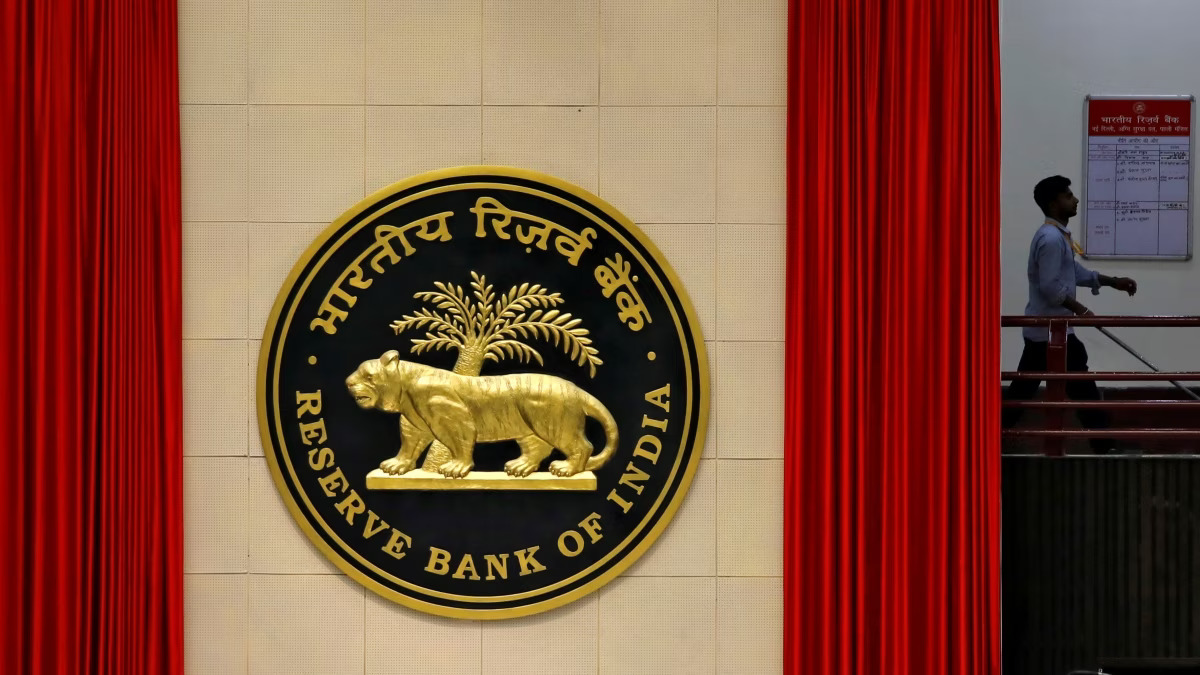In Mumbai, the Reserve Bank of India (RBI) has taken a significant step by superseding the board of the Abhyudaya Cooperative Bank, a decision driven by concerns over the bank’s governance standards. This move, effective for a year, comes without imposing any operational restrictions on the bank. Established 58 years ago as a credit society for Mumbai’s cotton mill workers, Abhyudaya Bank has grown significantly, with deposits reaching Rs 10,952 crore as of March 2021.
The bank, which has been under the RBI’s supervisory action framework, has faced challenges in managing its non-performing assets (NPAs). Its size makes it a challenging candidate for absorption by another cooperative bank. In response to these issues, the RBI has appointed Satya Prakash Pathak, a former chief general manager of the State Bank of India (SBI), as the administrator during this period of supersession. Additionally, a committee of advisors has been formed to assist Pathak, comprising experienced professionals like Venkatesh Hegde (former GM, SBI), Mahendra Chhajed (Chartered Accountant), and Shri Suhas Gokhale (former MD, Cosmos Co-op Bank).
This intervention by the RBI is notable for its unique approach, involving professionals to ensure the financial stability of the bank. Historically, the RBI has often used mergers and acquisitions to address issues in troubled cooperative banks, finding larger cooperative banks to take over the failing ones. For instance, in the case of Punjab and Maharashtra Cooperative Bank, the RBI developed a resolution plan that led to its acquisition by the Centrum-Bharat Pe combine in 2021, subsequently rebranding it as Unity Small Finance Bank.
In 2022, the RBI imposed a fine of Rs 58 lakh on Abhyudaya Bank for accepting new deposits from other non-scheduled Urban Cooperative Banks (UCBs) without meeting the necessary criteria and for not phasing out existing deposits from UCBs. Additionally, the bank was penalized for failing to report a fraud for 2.5 years and not classifying defaulters as NPAs.
The RBI’s statement on the matter emphasized that the action was necessitated due to “certain material concerns emanating from poor governance standards.” However, it reassured that no business restrictions have been placed on the bank, which will continue its normal banking activities under the guidance of the appointed administrator.


